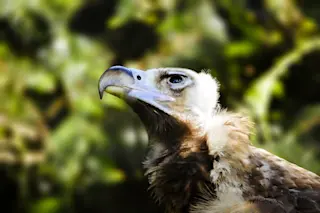The Earth is caught in an extinction crisis. Estimating that the frequency of extinction is now 1,000 to 10,000 times the norm, scientists say that more than one million species are actively at risk.
Now, a Current Biology study shows that this extinction crisis will bring much more than the loss of species. To birds, it will also bring dramatic declines in diversity, since species with distinctive traits are also the most vulnerable to extinction. The study, authors say, will change the way we think about our current crisis and could inspire important innovations in our approaches to conservation.
Birds are some of the most distinctive animals on the planet. Spanning all across the world and surviving a wide variety of climates, bird bodies vary substantially. Ranging from the tiny, hovering hummingbird to the stout, waddling duck and the long-legged stork.
Though birds have always been a diverse bunch, a ...















